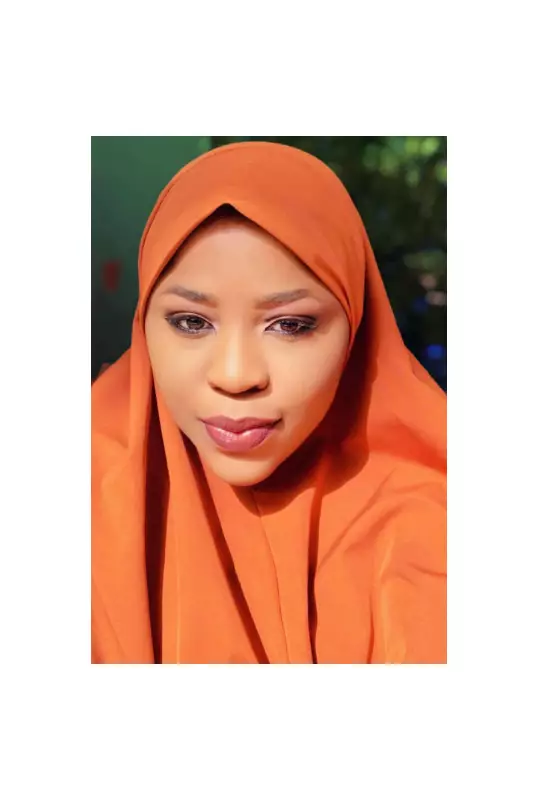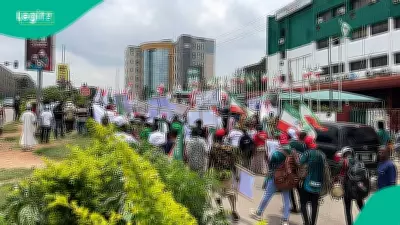
A Nigerian author has sparked a crucial conversation about religious hypocrisy within Northern Nigerian Muslim communities, highlighting the stark contrast in their reactions to Muslim political success abroad versus at home.
The Double Standard Exposed
The controversy emerged when Northern Nigerian Muslims celebrated the election of a Muslim mayor in New York while simultaneously maintaining discriminatory attitudes toward Shia Muslims within their own communities. The author, whose identity remains undisclosed, pointed out this glaring contradiction with sharp clarity.
"He Wouldn't Be Muslim Enough"
In her powerful critique, the author revealed how her own brothers and community members expressed joy about New York's Muslim mayor-elect while admitting that a Shia Muslim candidate "wouldn't be Muslim enough" to win elections in Northern Nigeria.
This statement exposes the deep-seated sectarian divisions that continue to plague religious tolerance in Northern Nigerian society. The celebration of Muslim political achievement in America stands in stark contrast to the rejection of religious diversity at home.
Religious Discrimination in Northern Politics
The author's observations highlight a troubling reality in Northern Nigerian politics, where sectarian affiliations often determine political viability. Despite Nigeria's constitutional guarantee of religious freedom, practical political considerations frequently override these principles.
This hypocrisy isn't just theoretical—it has real consequences for religious minorities seeking political representation in Northern Nigeria. The very communities that celebrate global Muslim achievements actively suppress religious diversity within their own political landscape.
A Call for Consistency
The author's message serves as a wake-up call to Northern Nigerian Muslims: true religious solidarity should extend beyond geographical boundaries and sectarian differences. Celebrating Muslim success in New York while denying it to fellow Muslims at home reveals a selective approach to religious brotherhood.
This critique challenges Northern Nigerian Muslims to examine their conscience and embrace the inclusive spirit of Islam that recognizes all Muslims, regardless of sectarian differences, as part of the broader Muslim community.
The Broader Implications
This exposure of religious hypocrisy comes at a critical time when Nigeria continues to grapple with religious tensions. The author's courageous stance opens up necessary conversations about:
- The need for consistent religious tolerance
- The importance of intra-faith unity
- The dangers of selective celebration of Muslim achievements
- The impact of sectarian bias on political representation
As Nigeria moves forward, this conversation about religious consistency and tolerance becomes increasingly vital for the nation's democratic development and social cohesion.





